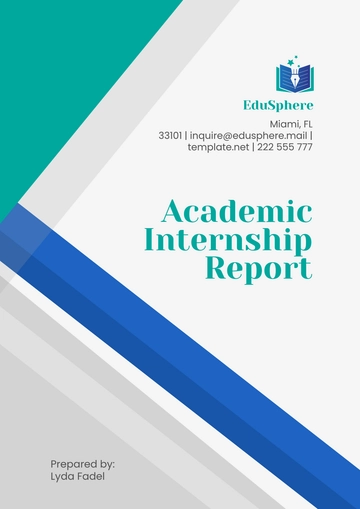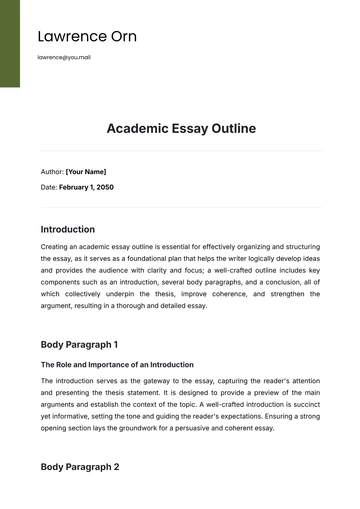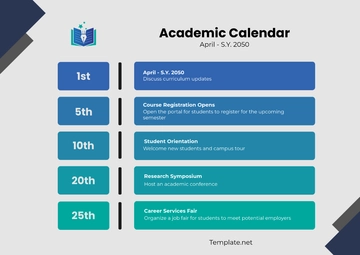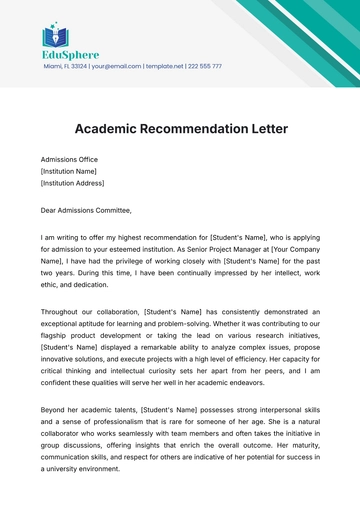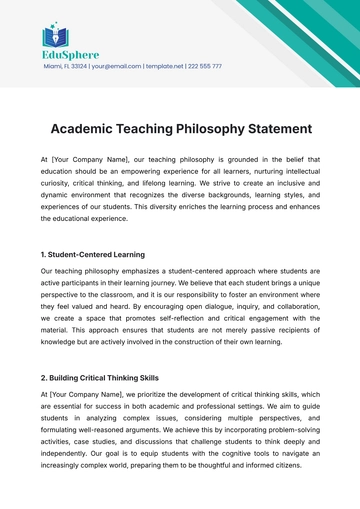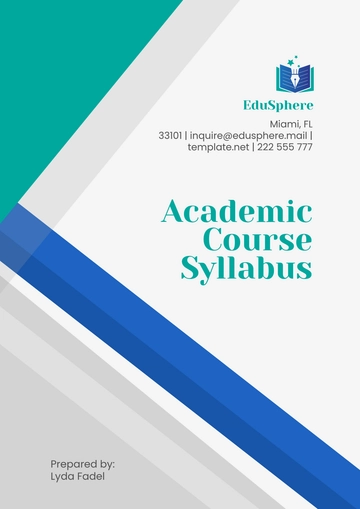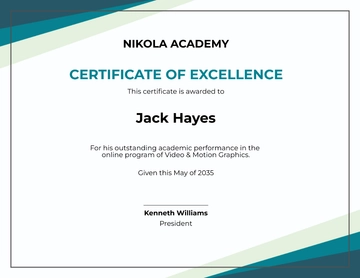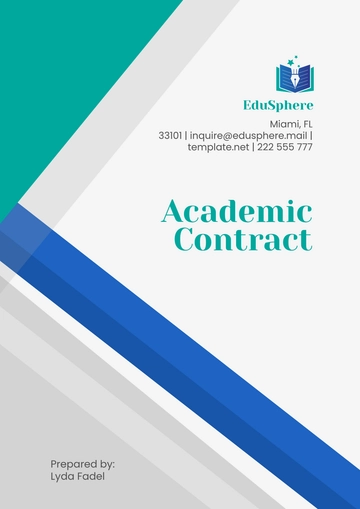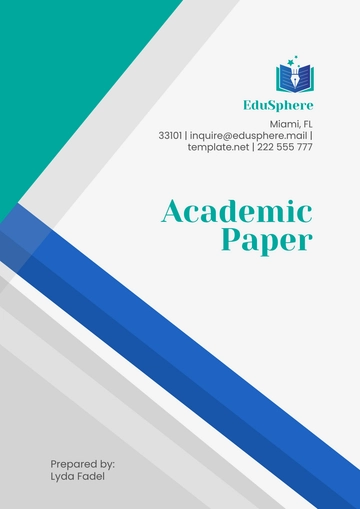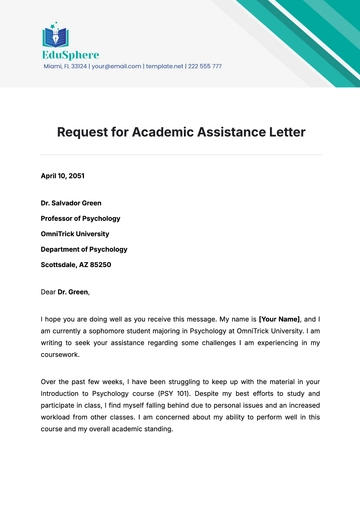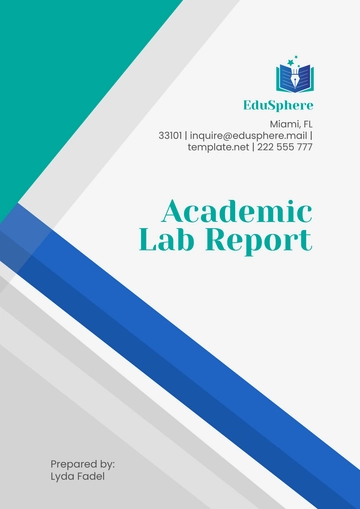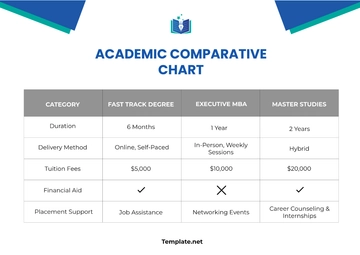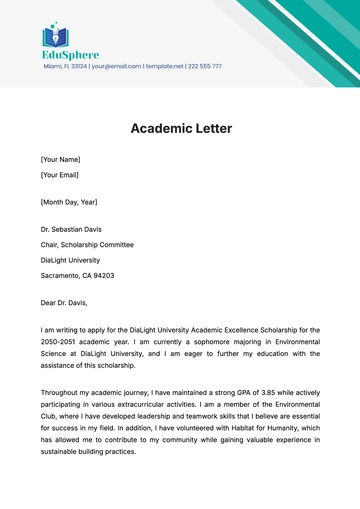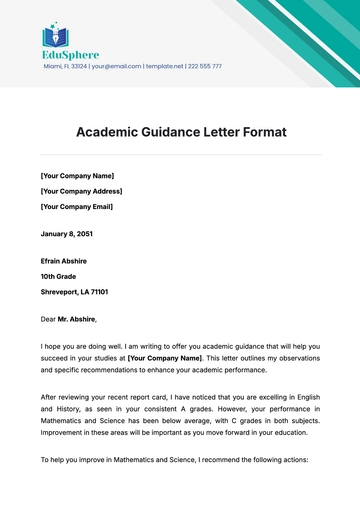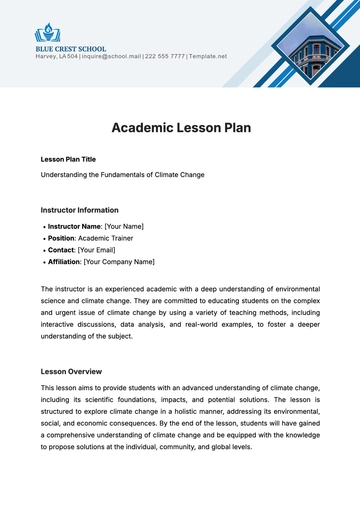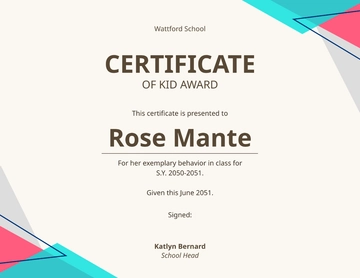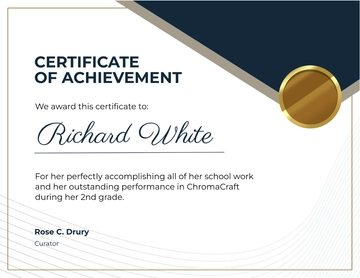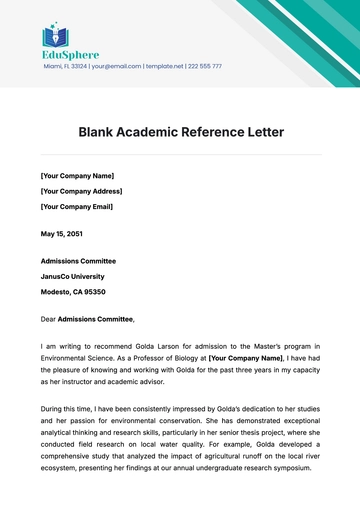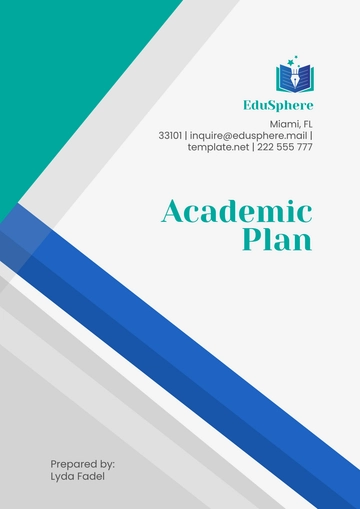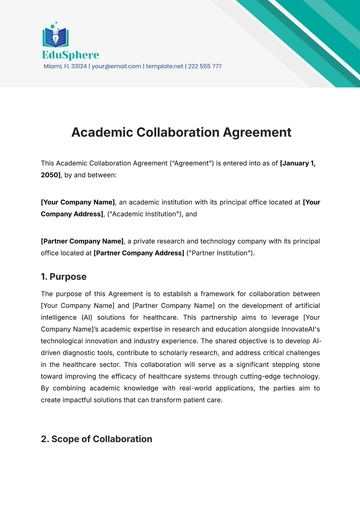Free Academic Article
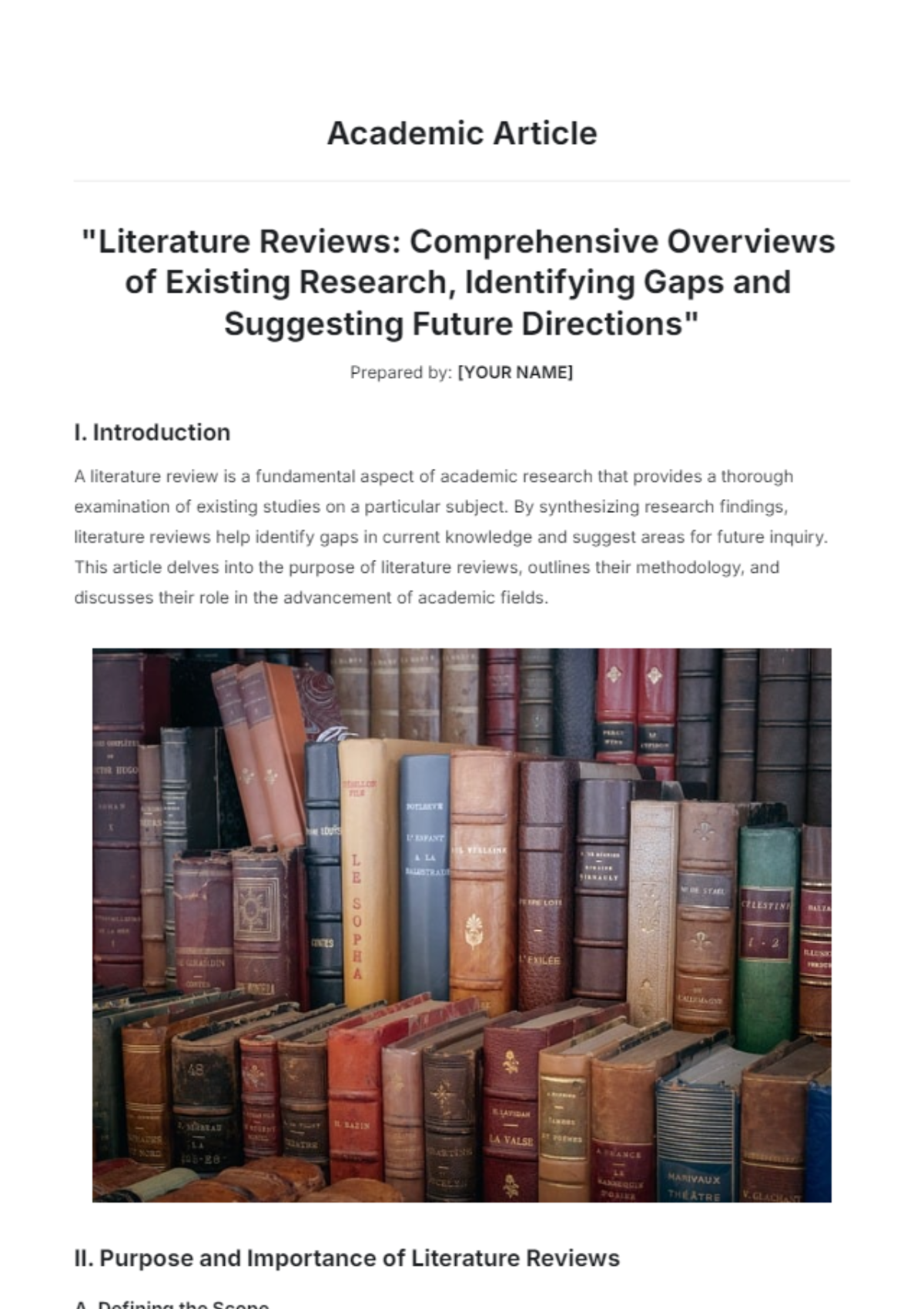
"Literature Reviews: Comprehensive Overviews of Existing Research, Identifying Gaps and Suggesting Future Directions"
Prepared by: [YOUR NAME]
I. Introduction
A literature review is a fundamental aspect of academic research that provides a thorough examination of existing studies on a particular subject. By synthesizing research findings, literature reviews help identify gaps in current knowledge and suggest areas for future inquiry. This article delves into the purpose of literature reviews, outlines their methodology, and discusses their role in the advancement of academic fields.

II. Purpose and Importance of Literature Reviews
A. Defining the Scope
A literature review is essential for several reasons:
Summarizing Existing Research: It offers a succinct summary of what is already known about a topic. For example, a review on renewable energy sources might summarize advancements in solar, wind, and hydro technologies.
Identifying Research Gaps: It highlights areas where existing studies fall short. In the renewable energy review, gaps might include the lack of long-term impact studies on solar energy adoption.
Establishing Theoretical Frameworks: It helps in developing new theoretical models based on existing evidence. For instance, it may suggest new frameworks for integrating renewable energy into existing power grids.
B. Key Benefits
Literature reviews provide numerous advantages:
Enhancing Understanding: They offer a comprehensive view of a research question, such as how various studies approach the issue of climate change mitigation.
Guiding Future Research: They identify areas needing further investigation, such as the economic impacts of transitioning to renewable energy.
Supporting Evidence-Based Practices: They aid in developing policies and practices based on the best available evidence, like recommending best practices for implementing renewable technologies.
III. Methodology of Conducting a Literature Review
A. Research Strategy
Conducting a literature review involves several key steps:
Defining the Research Question: Clearly state the research question, e.g., “What are the most effective strategies for reducing greenhouse gas emissions?”
Searching for Relevant Literature: Use databases like PubMed, Google Scholar, and academic journals to locate pertinent studies.
Selecting and Evaluating Sources: Choose studies based on relevance and credibility, ensuring they are peer-reviewed and recent.
Organizing and Synthesizing Findings: Group studies by themes, such as mitigation strategies and policy impacts, and summarize key findings.
B. Common Approaches
Literature reviews can be conducted using different approaches:
Systematic Review: A structured approach that follows a detailed protocol to ensure comprehensive coverage of the topic.
Narrative Review: Provides a descriptive summary of the literature, often used to discuss broader trends.
Meta-Analysis: Combines results from multiple studies to produce a more precise estimate of effect sizes, such as the impact of different renewable energy policies.
IV. Identifying Research Gaps and Future Directions
A. Analyzing Current Trends
By examining the literature, researchers can identify emerging trends:
Emerging Themes: New areas of interest, such as the role of artificial intelligence in optimizing renewable energy systems.
Methodological Innovations: Advances like using machine learning to predict energy consumption patterns.
Theoretical Developments: New models for understanding the integration of renewable energy into existing infrastructures.
B. Proposing Future Research
Based on identified gaps, future research directions might include:
Exploring Unaddressed Questions: Investigating long-term effects of renewable energy on local economies.
Applying New Methodologies: Employing advanced data analytics to study the impact of renewable energy on grid stability.
Addressing Practical Implications: Studying the real-world applications of energy-saving technologies in urban settings.
V. Conclusion
Literature reviews are crucial for synthesizing existing knowledge and directing future research efforts. By providing a detailed examination of past studies, identifying knowledge gaps, and suggesting new areas for exploration, literature reviews play a vital role in advancing academic and practical understanding in various fields.

For further information, researchers can refer to:
Tables: A table summarizing key studies and their findings.
Charts: Visual representations of trends and patterns in the literature.
Table 1: Summary of Key Studies
Study | Author(s) | Year | Key Findings |
|---|---|---|---|
Study 1 | Smith & Lee | 2051 | Advanced solar panel efficiency by 15% |
Study 2 | Johnson | 2053 | Economic benefits of wind energy in rural areas |
Study 3 | Brown et al. | 2055 | Impact of hydro power on local ecosystems |
Chart 1: Trends in Research Topics Over Time
- 100% Customizable, free editor
- Access 1 Million+ Templates, photo’s & graphics
- Download or share as a template
- Click and replace photos, graphics, text, backgrounds
- Resize, crop, AI write & more
- Access advanced editor
Streamline your academic writing with Template.net's Academic Article Template. Fully editable and customizable, this template is designed for seamless content creation. With the AI Editable Tool, effortlessly adjust formatting and structure to suit your needs. Ideal for students and professionals alike, it's your go-to solution for creating polished, publication-ready articles with ease.

